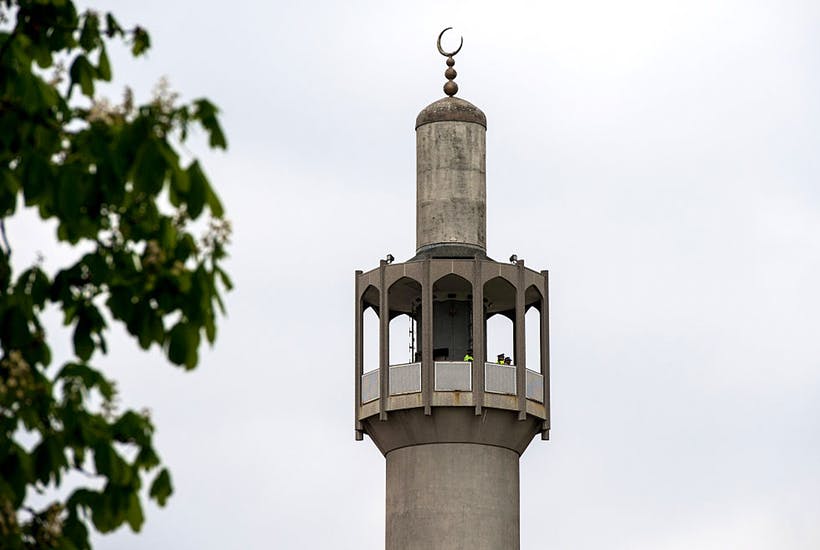The Christchurch attack has prompted a considerable degree of soul-searching in the West about the potential impact of anti-Muslim rhetoric. The need to tackle deadly far-right conspiracy theories is clear for all to see and the debate about how to do so continues. But what lessons might we learn from the response to Christchurch in the Muslim world, where I spent many years of my professional life working?
Yahya Cholil Staquf, the general secretary of Nahdlatul Ulama – the largest independent Muslim organisation in the world – wrote a good piece in the Daily Telegraph this week under the headline, “Don’t weaponise the term ‘Islamophobia’”. A week after the terrorist attack in Christchurch, he calls for a better shared understanding of the roots of such violence. He discusses the impact of the Islamist violence of the last 20 years, fuelled by what he describes as ‘obsolete and problematic elements of Islamic orthodoxy that underlie the Islamist worldview’. He also criticises the use of the term ‘Islamophobia’, which he sees as a means of deflecting honest criticism and preventing honest reflection.

Get Britain's best politics newsletters
Register to get The Spectator's insight and opinion straight to your inbox. You can then read two free articles each week.
Already a subscriber? Log in






Comments
Join the debate for just £1 a month
Be part of the conversation with other Spectator readers by getting your first three months for £3.
UNLOCK ACCESS Just £1 a monthAlready a subscriber? Log in